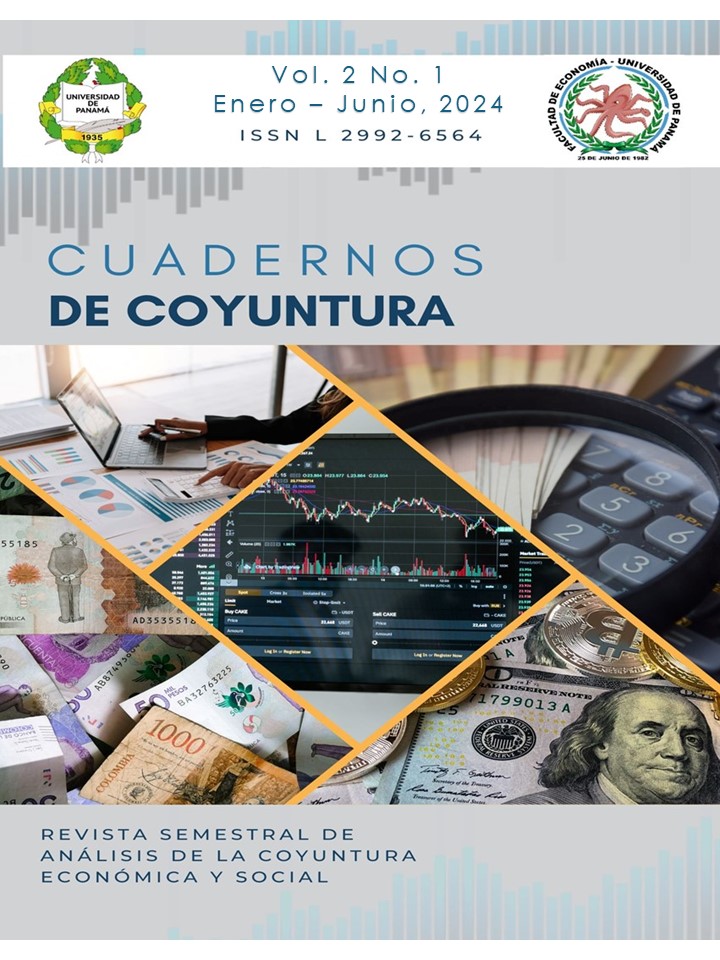

Hunger and malnutrition continue to be a major barrier to real economic development in many countries in Central and Eastern Europe, Latin America (LA) and the Caribbean.
Eight years ago, the United Nations (UN) established the Sustainable Development Goals (SDGs) as a universal call to end poverty, protect the planet and ensure that by 2030 everyone enjoys peace and prosperity in a way that balances social, economic, and environmental sustainability. There are 17 goals, of which the second goal is what is called zero hunger.
Zero hunger translates into eradicating the prevalence of undernourishment, adequate nutrition of the population (consumption of food of adequate quality and on a regular basis), and thus ensuring food security. However, the advent of the Covid-19 pandemic has dramatically accelerated the quantitative level of the population suffering from hunger.
Undernourishment or hunger is defined by the Food and Agriculture Organization of the United Nations (FAO) as "An uncomfortable or painful sensation caused by insufficient food energy intake. It becomes chronic when a person does not consume a sufficient amount of calories (food energy) on a regular basis to lead a normal, active and healthy life".
Within the scale of food insecurity are moderate and severe food insecurity. The first of these occurs when the person, due to lack of resources, in the last 12 months, had difficulty eating a healthy diet, their ability to access food is uncertain and occasionally skips a meal or goes without food; the second is defined as the situation in which the person went without food or went the whole day without eating several times during the year.
The latest United Nations report on the state of food security and nutrition in the world shows that there is a setback in efforts to eliminate hunger and malnutrition.